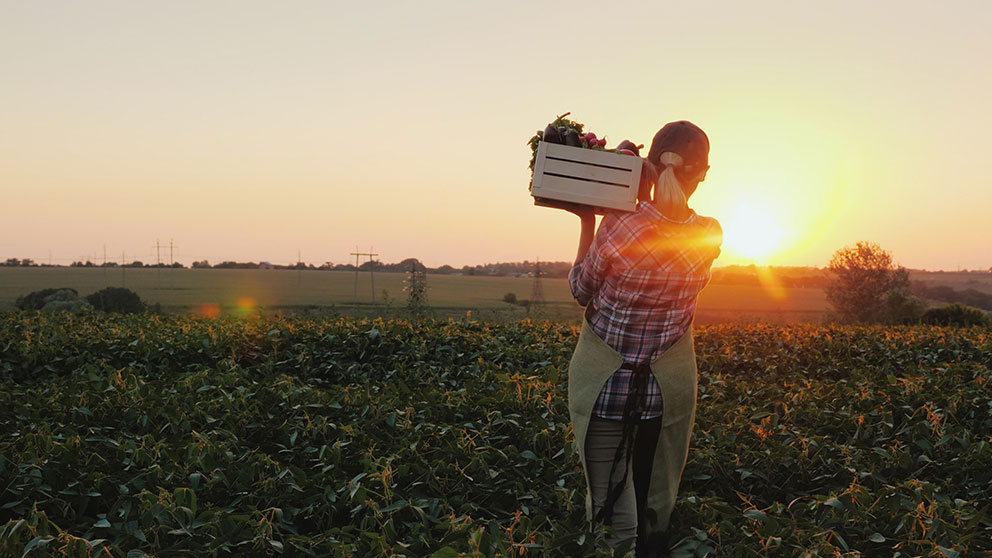Building strategies to counter inflation and interest rates

Inflation and interest rates can be touchy points for farmers, especially those who lived through the 1980s.
Land prices dropped in the 1980s and in the early 1990s, driven lower by record-high interest rates, poor commodity prices and drought.
Concerns about inflation and rising interest rates returned in 2021, and although both are out of farmers’ control, producers can use an understanding of these risks to mute their effects.
Strategic applications
Start with understanding debt repayment capacity and how higher interest rates would influence it.
Inflation has a direct impact on farmers’ costs of production, as well as interest rates, as the Bank of Canada (BOC) will adjust its policy rate until inflation is around 2%, explains J.P. Gervais, FCC executive vice-president and chief economist.
What farmers can do with in-depth knowledge of inflation and interest rates is develop a strategy, one that starts with understanding their debt repayment capacity and how higher interest rates would influence it:
determine the net income your business generates
calculate debt obligations
work out how much room you have to phase in higher interest rates
“The idea is to understand what kind of risk you’re exposed to and establish a financial strategy in line with your risk exposure, as well as your aversion or ability to take on some risk,” Gervais says.
He believes one strategy may be to lock in interest rates to avoid paying higher rates down the road.
“When you lock in rates, usually you pay a higher interest rate, but you have this assurance that you’re going to be okay from a financial standpoint paying that debt down.”
Advisors can help
If computing financial ratios seems overwhelming, there’s nothing that says these steps need to be taken alone. Consult your banker, accountant, farm manager and anyone else who can help run relevant economic scenarios and simulations and devise a sound strategy for your operation.
“You just need to be able to surround yourself with the right people to lean on,” Gervais says. “You lean on the know-how and technical expertise, but you also lean on the market assessment of the business environment that you’re in.”
Be your own CEO, he advises. CEOs aren’t experts in everything, but they can be the architects who put together a knowledgeable team and lead strategic direction.
“Being a CEO is to surround yourself with the expertise that you need and pick the right business relationships to get your farm to that next level.”
From an AgriSuccess article by Richard Kamchen.

Check out these free, easy-to-access farm business management resources to help you and your operation thrive.
